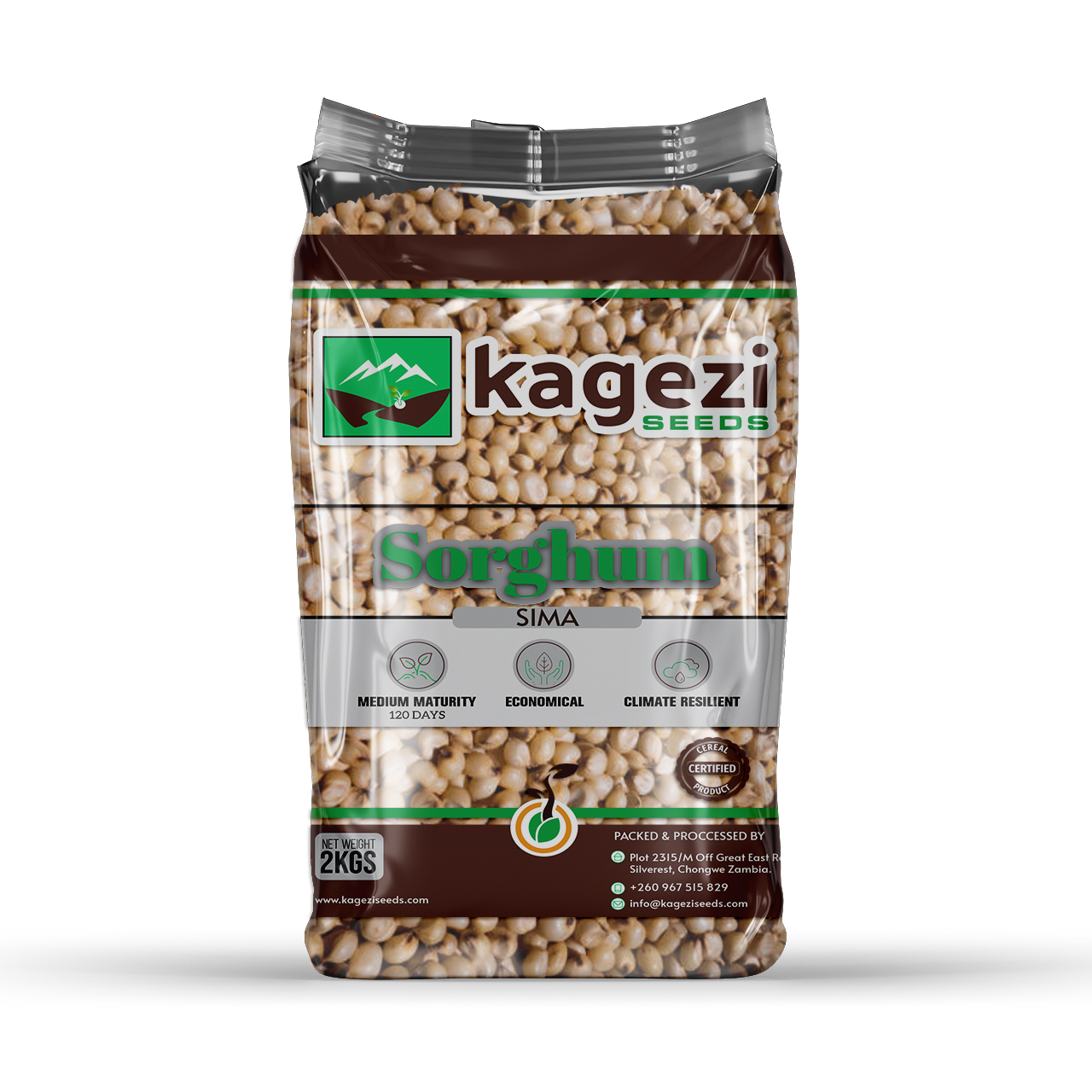Sorghum is a nutrient-dense grain that offers several health benefits. It is an excellent source of dietary fiber, protein, and essential micronutrients like iron, magnesium, and phosphorus, which are vital for maintaining healthy bones and muscles. Sorghum’s high fiber content helps regulate digestion and promote satiety, making it a valuable food for weight management.
This gluten-free grain also has a low glycemic index, making it a suitable food for individuals with diabetes. Additionally, sorghum is rich in antioxidants, which help protect the body against cellular damage and reduce the risk of chronic diseases such as cancer and heart disease. Overall, incorporating sorghum into one’s diet can provide a range of nutritional and health benefits

Planting Sorghum
Plant Characteristics:
- Plant height 200-290cm
- Maturity: 120 days.
Soils – Water and Soil Requirements
- Rainfall below 600-900 mm during the growing season It grows well at temperatures above 100 C.
- Soil acidity 4.5 minimum.
- Adapted to a wide range of soil types.
- It can be grown in heavy clay soils to light sandy soils. Sandy loam soils with good drainage and organic matter are the best. The crop also can withstand some water logging giving desirable results.
Ensure that there is adequate weed control
Seedbed Preparation
- SIMA needs a fine seedbed for planting as the seeds are small and will take long to germinate
Seed Rate
- 7-10kgs per hectare. Thinning within rows 15cm between plants.
Planting depth:
- 3-5 cm Spacing: 60-90cm between rows
Fertilizer Recommendations:
- 200kgs/ha basal, 100kgs/ha to dressing
Birds Control:
- Bird scaring measures from the soft dough stage are essential. If possible avoid small hectarages and swampy areas that are breeding places for the birds.
Diseases & pests:
- Generally resistant to most diseases
Storage:
- Thresh grain and mix with 1% Malathion, blue cross or actellic and store in cool dry place.
Uses
- Milled sorghum flour is used for nshima
- Sorghum is in the brewing of alcoholic and non-alcoholic beverages.
- Livestock feed industry.
- Silage and hay by livestock animals.